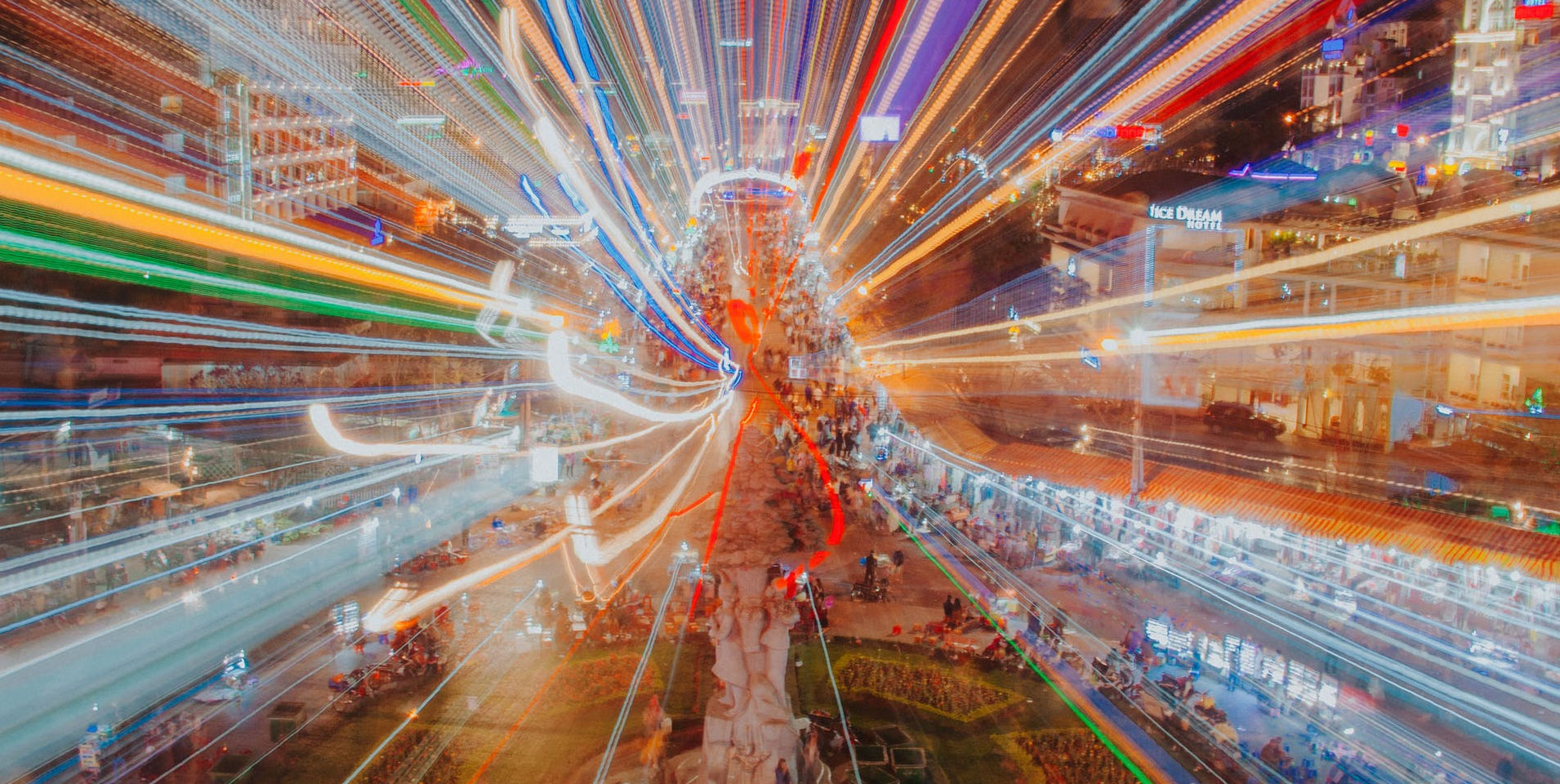
Energy has, for a long time, felt like something done to the consumer, rather than for them.
Hardly democratic.
This is not entirely surprising, given the amazing complexity of the sector delivering what is ultimately a fairly homogenous consumer product, and for a long time doing so reliably and cheaply: low prices discouraged the cognitive investment required to engage, when exercising informed choice was likely, at best, to deliver only minimal benefits.
Comparisons may have been difficult, and consumers may have been a bit complacent, but so were the companies serving them.
As prices have risen — and black balloons made us conscious of the environmental consequences of the power we use — the consumer need to understand and act has grown, but the system has not shifted to meet the growing demand for informed and empowered choice.
Consumers have felt powerless, when it comes to energy, for too long.
The drive to take back control has manifested in the droves of Australians seeking to exit the energy market altogether (as much as they can) by going solar; and in the plummeting levels of trust in energy companies, dropping this year to ten percentage points below that of even the banks.
Only one in four consumers believe energy retailers are working in their long-term interest, with trust in the energy sector dropping from 50 per cent in 2017 to 39 per cent in 2018.
Source: Australian Energy Market Commission (AEMC) National retail energy competition review 2018
Society benefits from a robust energy sector. That’s all of us.
There remains no more affordable or efficient ways to power our lives than coordinated generation and distribution of energy at scale by companies who deliver it with and for us.
But how do they win us back? To show us that, as a whole, electricity and gas companies can and do operate in the customer’s interests as well as commercial ones? To gain back our trust?
Ellis Jones recently partnered with Women in Energy to host an industry meet up about the democratisation of energy: discussing the growing need and opportunity to devolve control from the companies supplying power into the hands of the people using it.
Empowering consumers, and earning their trust, is clearly now not just a focus for the energy sector, but a mandate. So how?
Discussions at our event highlighted:
- Customer-centricity across all aspects of the value chain: considering the needs of individuals and how they can best be served by retailers, distributors and generators beyond reliability and affordability. This includes making energy easy when it comes to prices and blackouts which remain pivotal points for people to engage. It also means finding cause to have positive relationships with customers, in an ongoing way; no simple task for an industry which has struggled to hold our interest as consumers for more than 8 minutes a year.
- Digitisation and its potential to personalise, inform, engage and empower: if its done right with a focus on user needs, creating a positive experience, delivering accessibly and securely and promoting trust.
- Calibrating the common good with individual needs. Some customers will always have more choices than others. Homeowners, often that’s you, can choose to install solar panels, or cut heating bills with better heaters, or insulate their ceilings. Renters can’t, and so have fewer options to exercise control over bills. There are those who can afford to run their air-conditioner as often as they’d like; and those who choose not to, but still pay for the infrastructure needed to meet the peaks in demand the rest of us create. How can the financial burden of delivering power to everyone, of every need, be balanced so those who can least afford to pay aren’t covering for the whims of those with means? Here is the role for governments to ensure the necessary cross-subsidies that result from a collective system don’t disproportionately disadvantage those with the fewest options.
- Protecting protections for consumers facing hardship. Which means all players considering how best to make power affordable for those who can afford it least. It means the traditional energy industry being proud of the investments it has made in a long-standing ombudsman advocate for consumer interests. It means new market entrants playing in uncharted spaces preparing to meet the same high standards, or even better ones.
A model to make it happen.
With the will of the people, energy can democratise; and to regain their trust, it must. Shared Value is a business model which can provide the how: a means for sustainable change, that delivers on social, environmental and commercial outcomes. Enel Green Power, one of the world’s largest energy companies, is also one of the world’s largest shared value enterprises and is enjoying support of the people as a result. Democracy in action? Find out in our Shared Value in Energy Masterclass.

